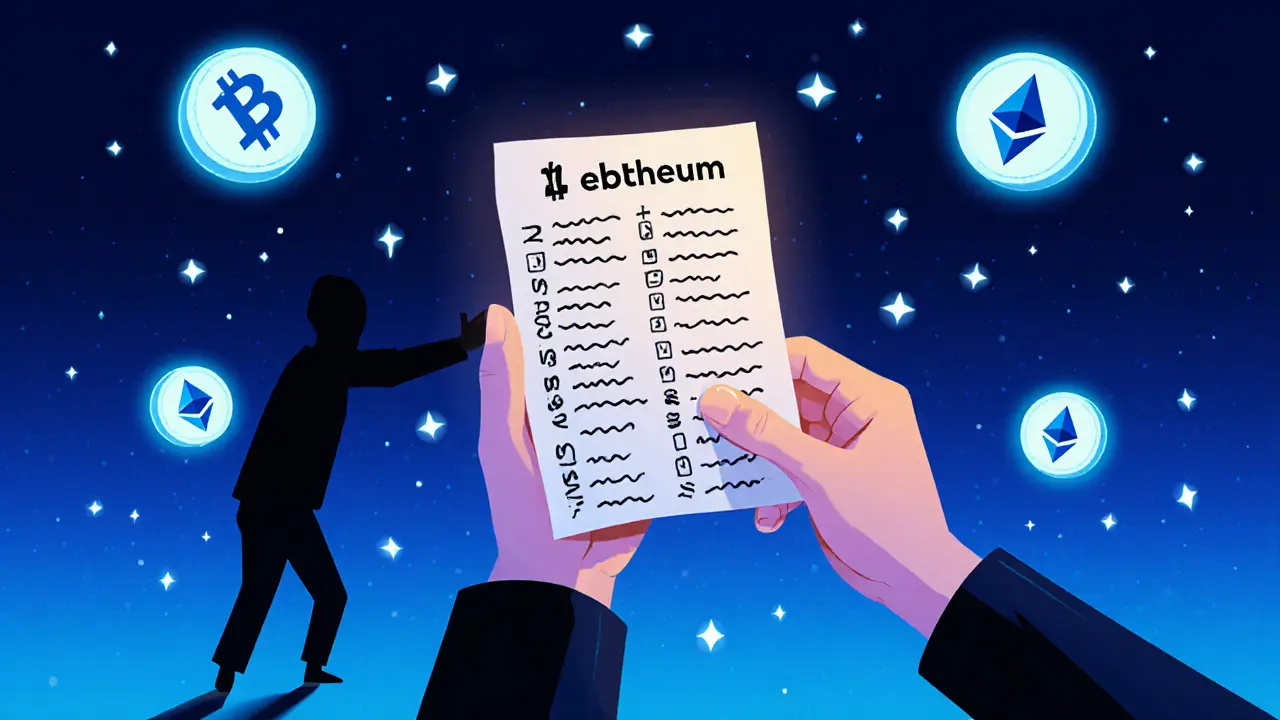Recovery Phrase: What It Is and Why It’s Your Crypto Lifeline
When you set up a crypto wallet, you’re given a recovery phrase, a list of 12 to 24 words that acts as the master key to your entire digital asset portfolio. Also known as a seed phrase, it’s not a password you can reset—it’s the only thing standing between you and losing everything. If you lose it, forget it, or give it away, there’s no customer service, no password reset, no bank to call. Your coins? Gone for good.
This isn’t theoretical. Thousands of people have lost millions because they took screenshots of their recovery phrase, stored it in cloud drives, or shared it with someone they trusted. A private key, the cryptographic code behind your wallet is mathematically derived from this phrase. So when you write down your 12 words, you’re writing down the exact blueprint to your wallet’s entire balance. Anyone who gets those words can drain your wallet instantly, no matter where you are or what device you’re using.
That’s why wallet security, the practice of protecting your crypto access points isn’t about fancy tools or apps—it’s about discipline. No one needs to know your recovery phrase. Not your friend, not your family, not even the wallet maker. If a website asks for it, it’s a scam. If a YouTube video says "just type it in here to verify," it’s a trap. Real crypto security means writing it on paper, keeping it in a fireproof safe, and never, ever typing it into a computer.
You’ll see posts here about fake airdrops, dead exchanges, and meme coins with zero value—but none of that matters if you lose your recovery phrase. Even the most promising project won’t help you if you can’t access your wallet. That’s why every guide here, whether it’s about NFT rights, DeFi audits, or crypto scams, ties back to one truth: your recovery phrase is the foundation. Protect it like your life depends on it—because in crypto, it does.
Below, you’ll find real stories, warnings, and practical tips from people who’ve been burned—and those who learned the hard way. Some posts warn about fake platforms trying to steal your phrase. Others explain how to back it up safely. None of them will ever ask you to share it. That’s the point.
